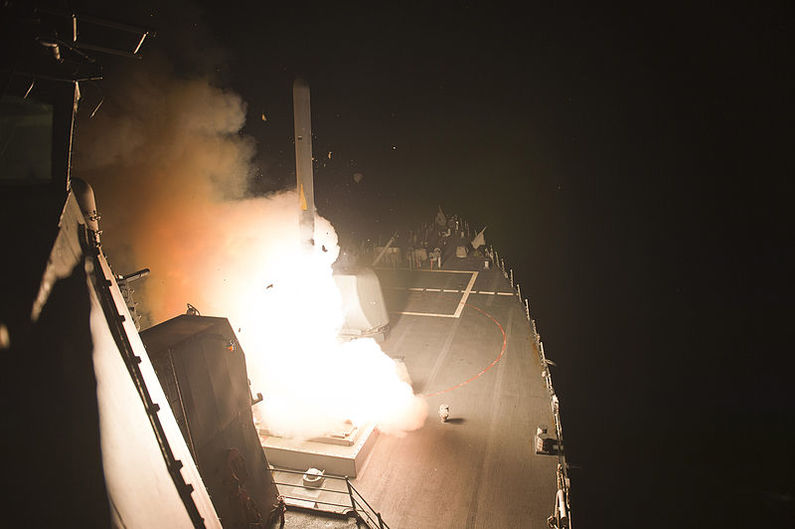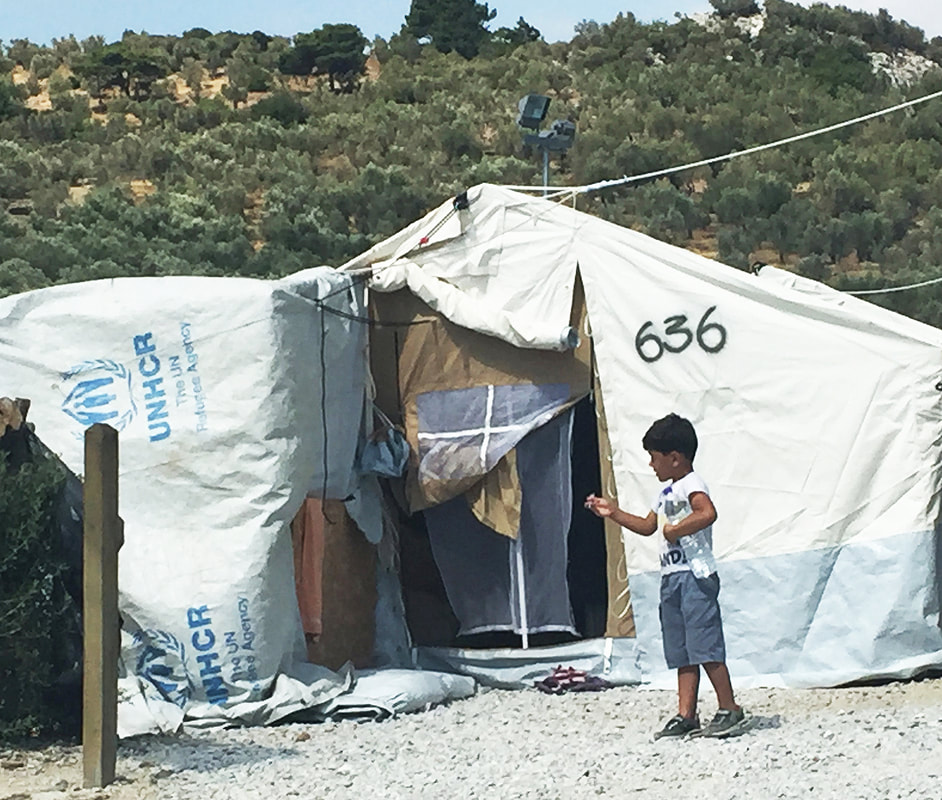|
May 10, 2023 Dr. Christopher Zambakari Founder & CEO, The Zambakari Advisory Hartley B. and Ruth B. Barker Endowed Rotary Peace Fellow Assistant Editor, Bulletin of The Sudan Studies Association 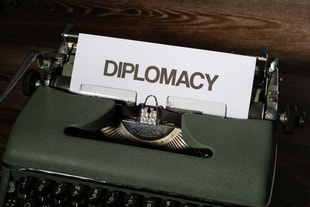 Recently, The Zambakari Advisory sat down with Ambassador Freeman in a wide-ranging Zoom call, posing questions on a series of subjects relating to the war in Ukraine, U.S. relations with China, the state of U.S. diplomacy, and the role of Africa and its emerging countries in a world shifting from unipolarity to multipolarity. Considered one of the “whiz kids” of the U.S. State Department when he entered the foreign service in 1965, Chas Freeman Jr. was for nearly 50 years involved in diplomatic service to his country including serving as U.S. Ambassador to Saudi Arabia under President George W. Bush, assistant secretary of defense during the Clinton administration, and interpreter for President Richard Nixon during the path-breaking 1972 China visit. Below are other excerpts from the March interview with Ambassador Freeman. Read the full issue published by Global Policy here!
0 Comments
Dr. Christopher Zambakari Founder & CEO of The Zambakari Advisory As the 2022 World Cup enters its final rounds, here are some early observations from yours truly, someone who never made a national team but did play some “football” as a youngster, as a high schooler and even in college:
Dr. Christopher Zambakari, MBA, MIS, LP.D. Founder & CEO of The Zambakari Advisory The conflict in Syria is one of the worst humanitarian crisis in the world today. Since December 2017, over 5.4 million people have fled the war in Syria seeking refuge in neighboring countries such as Lebanon, Turkey, and Jordan. Another 6.3 million people have been forcefully displaced inside Syria (IDPs). News broke out suspecting that President Bashar al-Assad’s regime had used chemical attacks to strike the rebel-held suburb of Douma, east of Damascus. This prompted western governments’ outrage and pressure began to mount for a forceful response despite lack of a convincing proof that the chemical strike was carried out by the Syrian government. Nonetheless, the French President, Emmanuel Macron, asserts "proof" that last week the Syrian government attacked with chemical weapons. President Trump, who recently said he wants to pull the United States out of Syria, has more recently declared that the missiles “will be coming” towards Syria. On April 13th he ordered strikes on Syrian targets.
Feras Klenk, PhD Candidate University of Arizona, School of Middle Eastern and North African Studies  Prince Mohammad bin Salman at the Royal Court Palace in Riyadh, Saudi Arabia. (Source: Wikimedia Commons) Prince Mohammad bin Salman at the Royal Court Palace in Riyadh, Saudi Arabia. (Source: Wikimedia Commons) Recently the world was awoken to a show of force by Muhammad bin Salman (MbS), the Crown Prince of the Kingdom of Saudi Arabia. In a relatively short period of time, the prince has managed to remove any real or imagined rivals from the centers of political and economic power and authority in Saudi Arabia, by charging them with corruption. It is presented to a foreign, especially western, audience[1] as an anti-corruption drive by an energetic young reformer against old vested interests. It is cleverly couched in the liberal language of technocratic reform in the style of Emmanuel Macron, and liberal pundits emphasize its “revolutionary” potential. Hence, MbS’ allegedly necessary and urgent actions appeal to both domestic and international audiences. John Balouziyeh, Attorney at Dentons Law Firm
Nasser Rabbat (PhD), Massachusetts Institute of Technology (MIT) 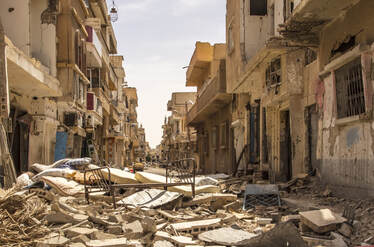 Town near Palmyra in Syria. shutterstock.com. Town near Palmyra in Syria. shutterstock.com. In the summer of 1992, I took a “luxury cab” from Damascus to Amman. The cab’s class was important, for luxury cabs provided extra services at the border crossing, which could help preventing the usual humiliation reserved for Syrian men every time they left the country. When we reached the Syrian border, the driver went down and promised to stamp the documents in five minutes. He came back sooner with an apologetic look on his face. “I am afraid you have to come down for they are asking about your draft status.” I went in without any worry: my passport stated that I was exempt from military service, which should clear the issue. But the officer demanded to see my official draft book. “I don’t have it on me,” I said. “Well, you cannot leave the country then,” he firmly replied. I tried to explain, but he would not listen. The driver took me by the hand and said, “let us speak to the chief of the border center.” We went into a large office with an army major sitting behind a big desk under the ubiquitous picture of President Hafiz al-Assad. Patrick Cockburn, Middle East correspondent for the Independent of London 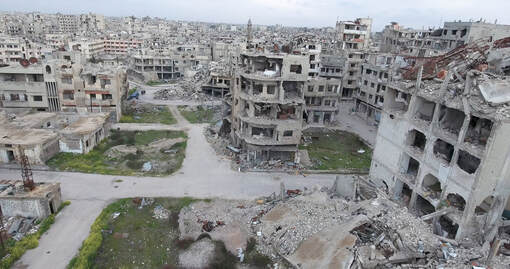 The city of Homs in Syria. Credit: Fly_and_Dive/shutterstock.com. The city of Homs in Syria. Credit: Fly_and_Dive/shutterstock.com. In the process and under the pressure of outside military intervention, a vast region of the planet seems to be cracking open. Yet there is very little understanding of these processes in Washington. This was recently well illustrated by the protest of 51 State Department diplomats against President Obama’s Syrian policy and their suggestion that air strikes be launched targeting Syrian regime forces in the belief that President Bashar al-Assad would then abide by a ceasefire. The diplomats’ approach remains typically simpleminded in this most complex of conflicts, assuming as it does that the Syrian government’s barrel-bombing of civilians and other grim acts are the “root cause of the instability that continues to grip Syria and the broader region.”It is as if the minds of these diplomats were still in the Cold War era, as if they were still fighting the Soviet Union and its allies. Rose Jaji (PhD), University of Zimbabwe, Harare, Zimbabwe  The current influx of refugees heading for Europe has rejuvenated debate on refugees in political, policy making, humanitarian and academic circles as well as among citizens of (prospective) host countries. In this piece, I specifically address refugee integration. There is a lot of uncertainty and perhaps anxiety on whether host countries can integrate the refugees, the strategies to ensure successful integration and how the end result looks like. Questions on how the future of countries that have taken in huge numbers of refugees is going to be like are compounded by confusion of integration with assimilation. Malika Bouziane, Berghof Foundation, Berlin, Germany 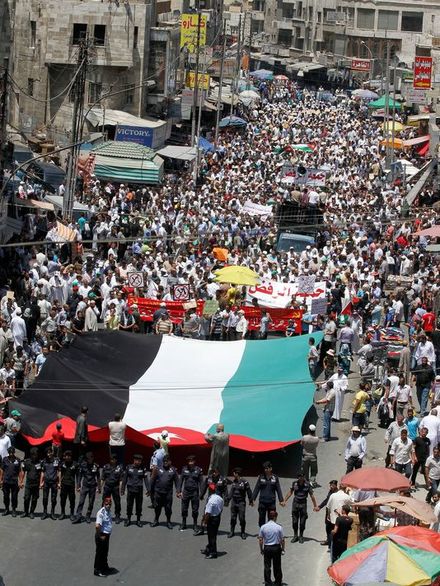 Walking through the Jordanian capital the last days, I was struck by the increased police presence on the streets of Amman; a response to an omnipresent threat being in the air and a demonstration by the regime that security and stability is given a top priority. Indeed, the 2005 suicide bombing of three hotels in Amman, killing and injuring dozens of people is still present in the collective Jordanian memory. |
Copyright © 2023 The Zambakari Advisory - Privacy Policy
Our site uses cookies to improve your experience. You can control cookies by adjusting your browser or device settings.
If you continue without changing your settings, we assume that you are happy to receive all cookies.
If not, please feel free to opt out here.
SEO by Qasim Khilji
Our site uses cookies to improve your experience. You can control cookies by adjusting your browser or device settings.
If you continue without changing your settings, we assume that you are happy to receive all cookies.
If not, please feel free to opt out here.
SEO by Qasim Khilji


